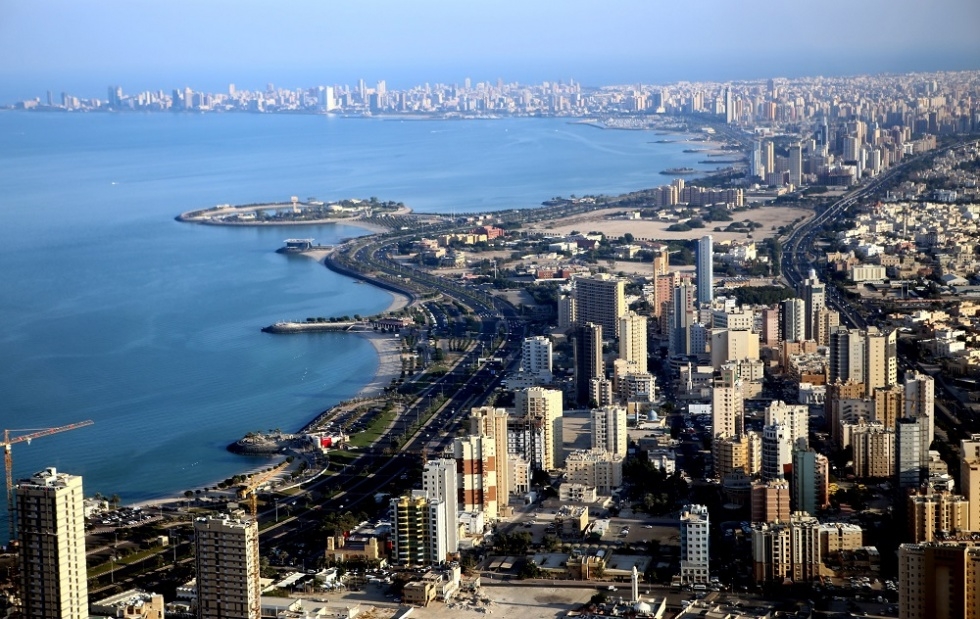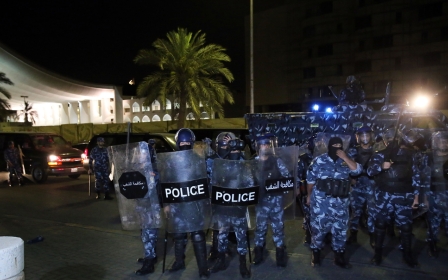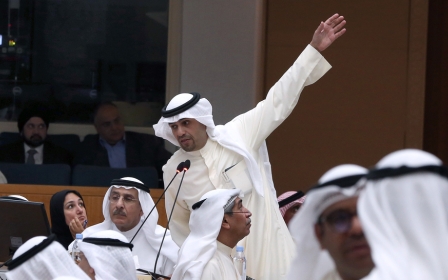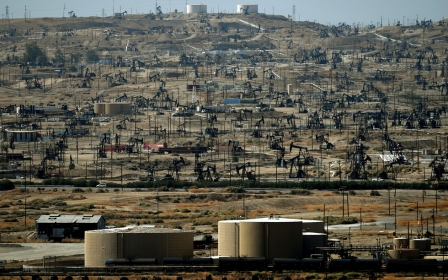Kuwait oil union rejects minister's appeal to cancel strike

The oil workers' union in Kuwait Saturday turned down an appeal from the country's acting oil minister to call off a strike in protest against possible pay cuts and to accept negotiations.
Anas al-Saleh, in a statement cited by the official KUNA news agency, urged workers to "give priority to the public interest and resort to reason and wisdom by sitting at the negotiations table".
The union immediately rejected the minister's call as offering nothing new and said the strike will go ahead from Sunday morning.
"The strike will go ahead as planned," union chief Saif al-Qahtani said, holding oil companies and the minister responsible for the strike and the potential losses from it.
The minister assured the workers there would be no reduction in their salaries and other benefits.
Kuwait, OPEC's fourth-biggest producer, currently pumps three million barrels per day.
A prolonged strike could slash production just as major crude producers meet in Doha on Sunday to discuss ways to deal with a huge output glut.
State-owned Kuwait Petroleum Corp (KPC) on Thursday reviewed "maximum" contingency plans in the face of the total strike threatened by oil workers.
Local media reported that Kuwait planned to deploy national guard units to run and protect some oil facilities during the strike, according to the Gulf News.
Hit by the sharp drop in crude prices on world markets, Kuwait is introducing a new payroll scheme for all public employees and wants to include the country's 20,000 oil workers, which would mean an automatic cut in wages and incentives.
KPC said the workers union had boycotted negotiations called for Thursday by the Social Affairs and Labour Ministry.
KPC had offered to "suspend" all spending cuts if the union agreed to join a committee to negotiate a settlement.
The union is also protesting against plans to privatise parts of the oil sector.
Middle East Eye propose une couverture et une analyse indépendantes et incomparables du Moyen-Orient, de l’Afrique du Nord et d’autres régions du monde. Pour en savoir plus sur la reprise de ce contenu et les frais qui s’appliquent, veuillez remplir ce formulaire [en anglais]. Pour en savoir plus sur MEE, cliquez ici [en anglais].




